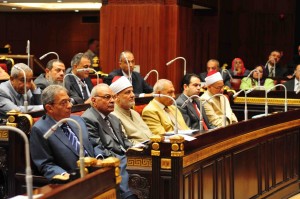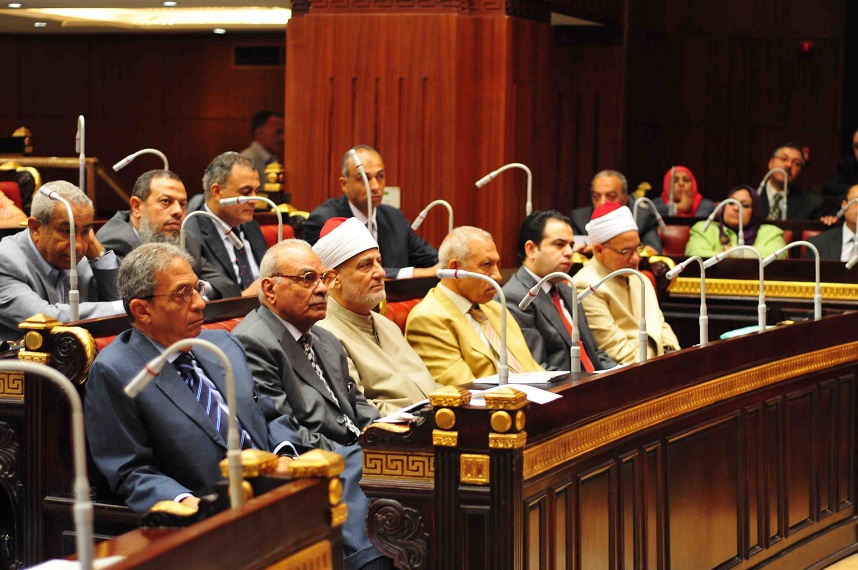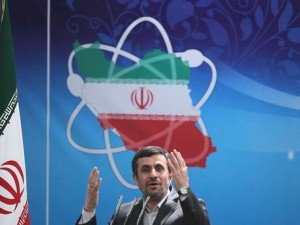
Representatives from the Administrative Prosecution Club (APC) are meeting on Sunday with the head of the Constituent Assembly to demand a clear role in the new constitution.
APC president Abdullah Qandil announced the meeting with assembly head councillor, in a press conference at the NCW headquarters on Saturday. He said the APC would denounce any constitution that did not include a role for the administrative prosecution.
The administrative prosecution is a body which specialises in resolving disputes between individuals and the government, and was created by the State Council establishment law.
Qandil said the APC’s main goal is to see the role of the administrative prosecution enshrined in the judicial section of the new constitution to preserve its independence and prevent the legislature from exerting control over it.
“We shall not allow El-Gheriany to pass a constitution which doesn’t refer to our role or specifications,” Qandil said.
The failure to mention the administrative prosecution as an independent body in the draft constitution had both overt and ulterior motives according to Qandil. Among these ulterior motives, Qandil claimed, was El-Gheriany’s bias against the administrative prosecution, since 1850 of its almost 4000 members are women.
“El-Gheriany rejects the concept of equality between men and women,” Qandil said, particularly in the judiciary, which he is afraid of becoming “feminised.”
According to Qandil, 30 current female judges came from the administrative prosecution.
NCW head, Mervat Al-Telawi, expressed the council’s solidarity with the APC’s demands, for fear that a constitution which doesn’t recognise the administrative prosecution as an independent body would lead to a change in the makeup of the prosecution.
“We refuse to change Egypt’s identity,” Al-Telawi said, adding that such a change could create obstacles preventing women from holding judicial posts.
Article 167 of the 1971 constitution states that the structure of judicial bodies is to be determined by the legislature. The administrative prosecution rejects the notion that parliament should have authority over judicial bodies. “It goes against the principle of separation of powers,” APC board member Noha Al-Sherbini said.
According to Al-Sherbini, a clause outlining the administrative prosecution’s role was drafted by the system of governance committee of the Constituent Assembly. The clause, which recognised the administrative prosecution as an independent body, was then referred to the drafting committee which rejected it. Al-Sherbini said El-Gheriany was aware of the cancellation.
Should Sunday’s meeting fail to bear fruit, Qandil said the administrative prosecution members would resume a sit-in they started last week at the APC. The administrative prosecution halted work for three days on Tuesday to push for their demands.



